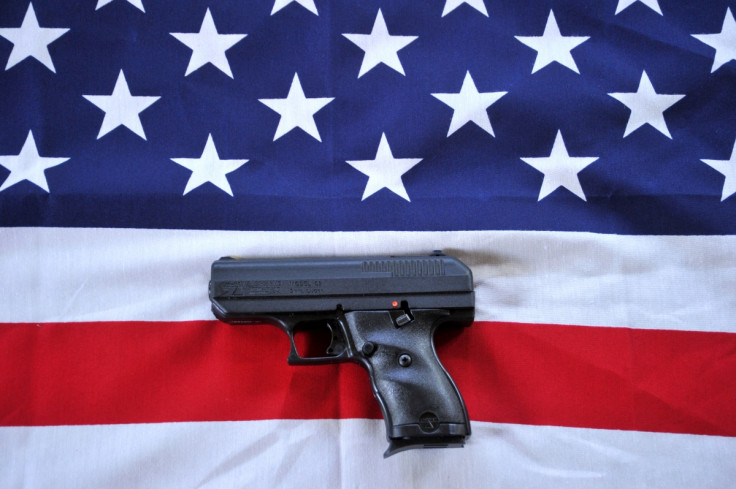US Senate votes down 4 gun-control proposals in wake of 49 shooting deaths in Orlando
One week after 49 people were shot dead in a massacre in an Orlando nightclub, the Republican-controlled US Senate voted down four competing proposals to tighten up America's gun control laws — including a bill to keep firearms out of the hands of suspected terrorists.
"Senate Republicans ought to be embarrassed, but they're not, because the NRA [National Rifle Association] is happy," said Nevada Democrat and Senate Minority Leader Harry Reid.
The issue is expected to be a hot-button talking point in the upcoming general election for president.
Both Democrats and Republicans have publicly stated that suspected terrorists should not be able to legally purchase guns. But the parties were unable to compromise on their different bills addressing that issue and wrangle the necessary 60 votes to pass any of the proposals, reports the Washington Post.
The Senate shot down a bill from California Democrat Diane Feinstein to allow the US attorney general to deny firearms and explosives to any suspected terrorist. Opponents were concerned that some Americans wrongly suspected of terrorism would be denied their constitutional right to bear arms.
After the Orlando attack, GOP presidential candidate Donald Trump floated an idea that anyone on a "no-fly" list in the US because of suspected terrorism should not be allowed to buy a gun. But he then seemed to change his mind, pointing out that not everyone on the list deserves to be there, and added that the NRA "absolutely has the country's best interests" at heart.

Senators also rejected an alternative proposal from Republican Senator John Cornyn of Texas that would allow authorities to delay a gun sale to a suspected terrorist for three days or longer if a judge ruled that probable cause existed to deny the weapon outright. Democrats against that bill said it wasn't strong enough to actually block a gun sale.
The Senate also voted against a bill from Democratic senators calling for increased background checks before a firearms purchase — including at gun shows where checks aren't routinely carried out.
An alternative bill from Iowa GOP Senator Charles Grassley that would have increased government spending for background checks — without making them any more stringent — also failed, although it was backed by several Republican lawmakers.
The gun-law proposal failures came on the same day that the FBI released chilling phone-call transcripts during the attack by Orlando shooter Omar Mateen, who had been twice investigated by the agency. It also followed a decision by by US Supreme Court not to hear a challenge to a Connecticut state ban on rapid-fire assault rifles like the one used by Mateen. A federal ban on the powerful weapons expired in 2004.
© Copyright IBTimes 2025. All rights reserved.






















